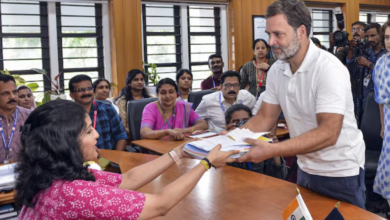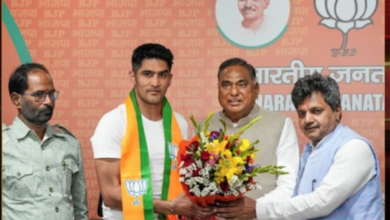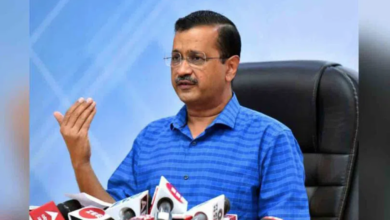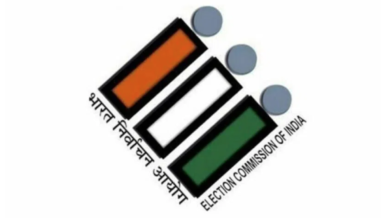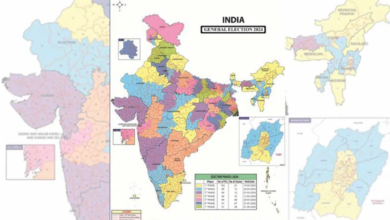Delhi won, how AAP has set sights on Bengaluru civic polls
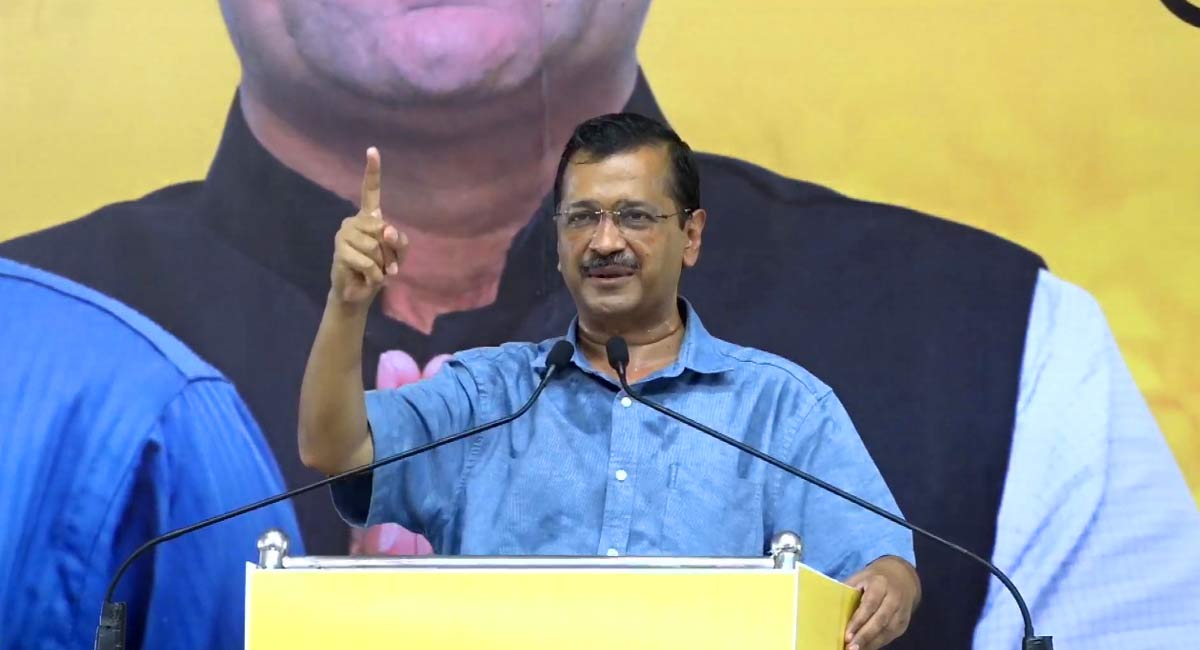
he Aam Aadmi Party’s connection with Bengaluru goes back a nearly a decade when the fledgling outfit set up a volunteer base in the city by roping in techies and other professionals in its public campaigns around the 2014 parliamentary polls. But AAP hasn’t contested municipal polls in the IT hub so far—back in 2015, when elections to the Bruhat Bengaluru Mahanagara Palike (BBMP) were last held, it was still a fairly young party.
Now, however, AAP is gung-ho about its chances in Bengaluru, it’s strong showing in Delhi, where it wrested the city municipality, coming as a confidence booster. “We believe we are ready for the BBMP polls anytime they are held,” says Prithvi Reddy, AAP’s Karnataka convenor. “In fact, we have been ready for the past two years.”
During this time, Reddy says, AAP has been working on the ground on various initiatives to help residents during the Covid lockdowns while also holding protests and campaigns against poor civic infrastructure in the city. It also has over 100 offices in Bengaluru. “It is AAP that has hit the streets on every issue, whether [road accident] deaths due to potholes or flooding. In all these matters, AAP has been the missing Opposition,” says Reddy. “The reality of Bengaluru is there for everyone to see. People have given a chance to the other three parties and all have failed them. So I think people are ready for change.”
Elections to the BBMP ought to have taken place in September 2020, when the term of the last council ended. But the government cited an ongoing delimitation process for the delay, and the civic body has been run by an administrator ever since. In August, following court orders, the reservation of BBMP wards was finalized—this was challenged and, in September, the Karnataka High Court directed the government to redo the reservation and hold polls by December 31. The government has now sought more time to complete the process and conduct polls.
This week, AAP held a day-long hunger strike, demanding that the BBMP polls be held immediately while accusing the ruling BJP of trying to postpone the election ‘out of fear of defeat’.
Meanwhile, AAP’s local leaders are already conducting citizen-outreach activities in their wards as part of a programme called Nammoora Charche (Discussions for our City) to draw up a poll manifesto for Bengaluru. “The basic idea is to talk to people and ask them their concerns. We will create a ward-level manifesto as well, which brings a level of granularity and detail,” says urbanist Ashwin Mahesh, who heads the AAP manifesto committee. “Of course, we will also list out ideas that we have proven in other states.”
But the party is also looking beyond Karnataka’s capital city and plans to contest assembly polls in the state, due next April-May. “I feel it’s equally possible to now make a compelling argument for AAP in the cities as well as rural areas,” says Mahesh, pointing to the Gujarat assembly election outcome, where AAP made a debut with five seats and double-digit (12.9 per cent) voting percentage.
However, unlike Gujarat, where AAP was contesting for the first time, the scenario in Karnataka is different. Here, both the ruling BJP and the main Opposition Congress have a strong base. The Janata Dal (Secular), even with a smaller footprint than its two bigger rivals, is a significant player.
AAP has contested state elections in Karnataka before—in 2018, the party put up candidates in 28 seats but fared poorly, managing to get only a half per cent vote share in the seats it had contested.
In April this year, AAP held a farmers’ convention in Karnataka in an attempt to bring together farmers’ groups and make inroads into the rural parts. Reddy says the party is currently conducting a gram samparka abhiyana to establish booth-level presence in the districts; from January 1, it plans to take out a campaign, starting from Bidar in the northern tip of Karnataka and passing through all the districts.
Through the gram samparka abhiyana, Reddy claims the party has been adding about 80,000 members every month. “There are 32 different factions of the Raitha Sangha (farmers’ body). We are in touch with practically all of them, and they are also giving us candidates,” says Reddy. The party will assess its outreach programme over the next 30-45 days before finalising its campaign strategy for the Karnataka polls.

